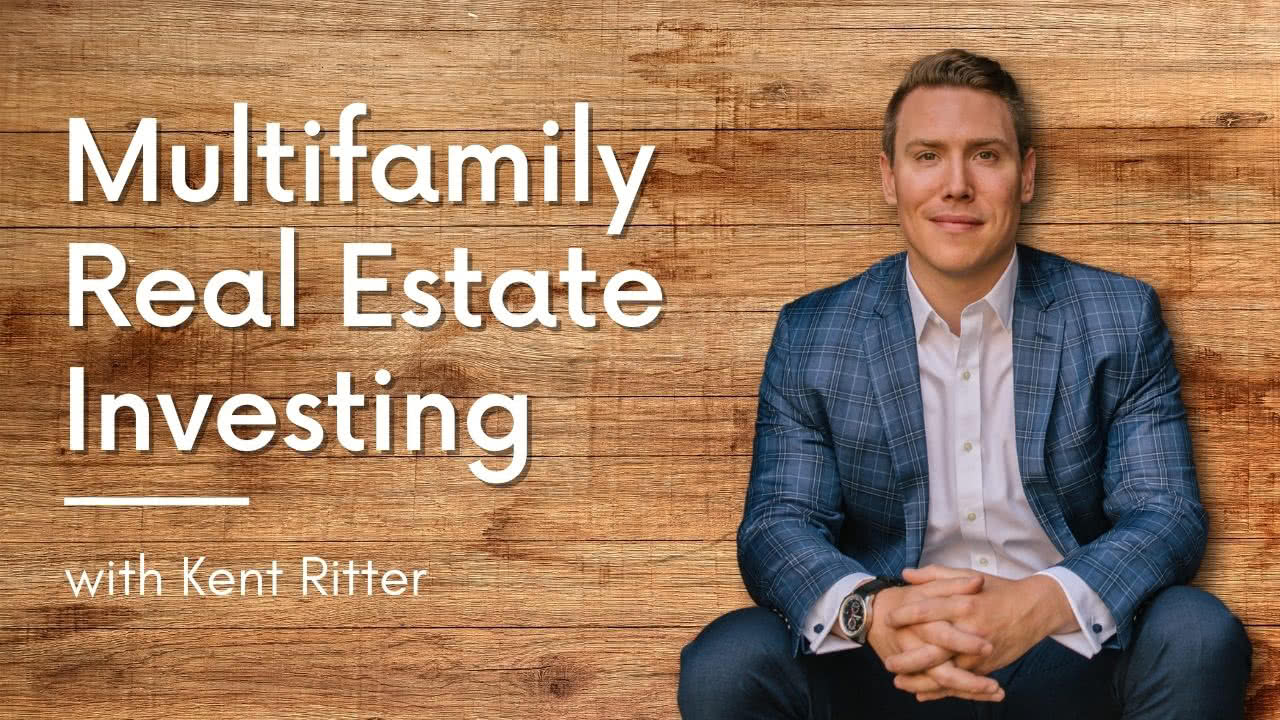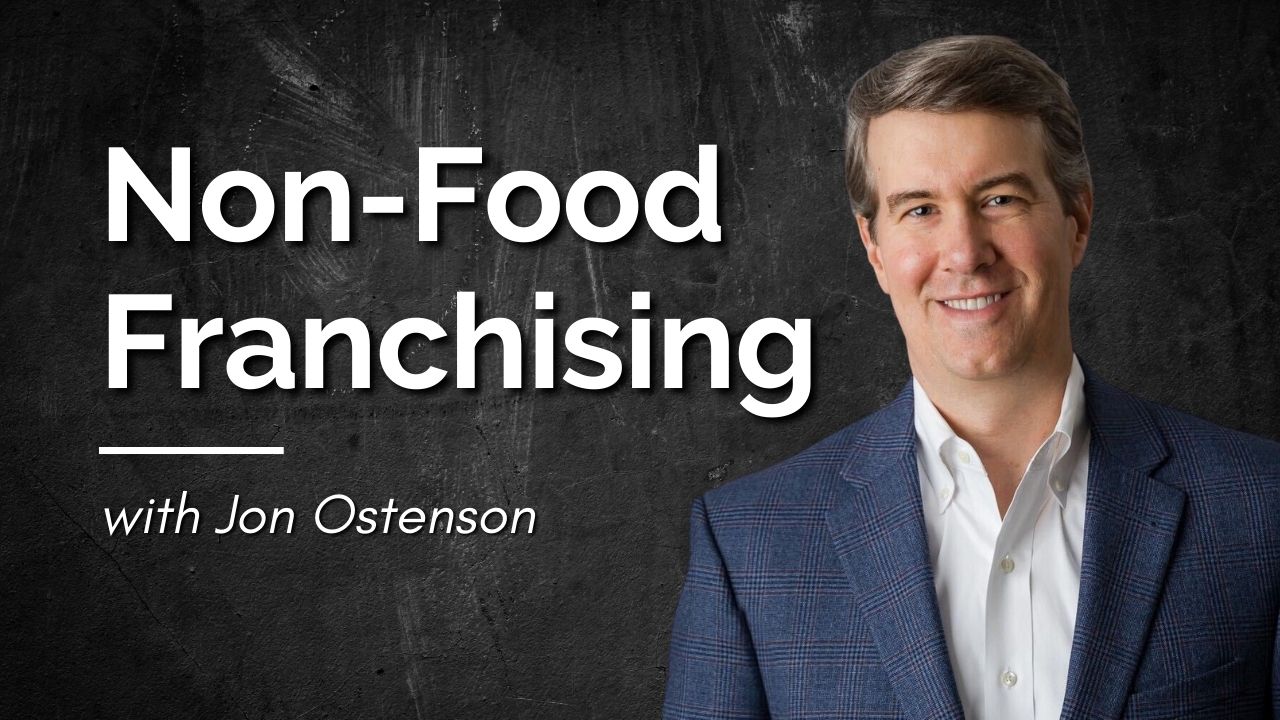
Multifamily Real Estate Investing, with Kent Ritter
Would you like to make better investment decisions?
Today, we’re talking with Kent Ritter, full-time real estate investor and operator of Hudson Investing about scaling and diversifying your real estate portfolio.
So if you want to expand your investing perspective… tune in now!
Podcast: Play in new window | Download (Duration: 36:26 — 41.7MB)
Subscribe: Apple Podcasts | Spotify | Android | Pandora | RSS | More
Table of contents
How Kent Ritter Got Started
In 2010, Kent started as a partner in a boutique management consulting firm, before exiting in 2015. In that timeframe, he helped build the business to over $30 million in annual revenue, with 95 employees.
After the successful sale of the business, Kent was left with a decision. He had capital, now he had to decide what to do with that capital. He didn’t want to put all his eggs in one basket and certainly didn’t want to ride the stock market roller coaster. In his journey to diversify, he started looking at alternative investments before finally landing on real estate.
As he developed his real estate knowledge, he quickly gravitated toward multifamily properties. This love of multifamily properties helped him to move from passive investing through syndications to a more active role in his investments, and sponsoring his own syndications.
Moving From Passive to Active Investing
Passive investing, in this context, is where you’re investing your own dollars into an existing deal—through a deal sponsor or syndicator. This person is finding and putting the deal together, and you’re joining by adding your dollars to the pool. The syndicator is responsible for the active elements, including finding the property, securing the debt, and determining any renovations.
Even as a passive investor, you’re part owner of that property, so you receive distributions from the profits. You also share in the appreciation at the time of sale. So passive investing in syndications like this really allows you to learn more about the experience, without the responsibility of putting the deal together.
As Kent built up his own base of knowledge, he was able to move into a more active role. In other words, finding the properties, creating a plan for value-add, and securing investors to help make it happen.
Taxes in Active and Passive Investments
As someone who has invested passively and actively, Kent touches on the tax implications of multifamily real estate.
[7:59] “When you think about taxable income, you think about three buckets. There’s your…ordinary income, which is typically your active income, right? Your W-2 job…or from the property standpoint, the profits that the property is throwing off…Then you have your passive bucket, which would be your investments in things like rental properties…Then you have your portfolio income, which is like your stocks and your mutual funds…When you think about it from a tax standpoint, one of the biggest advantages of real estate is the ability to…pass through the depreciation.”
In other words, being able to offset your gains by getting the depreciation helps you save money in taxes. And many times, you have carry-over losses. Those carry-over losses are different depending on whether you’re investing actively or passively. This is based on your investor status.
The IRS defines Kent as a real estate professional because all of his investments are in real estate, and that’s his income. So all three of those “income buckets” he mentioned can be offset by depreciation. Passive investors will partake in those deductions differently based on how their income is structured and where it comes from.
The Pros of Multifamily Real Estate
From a pure investment standpoint, real estate is attractive because it’s not correlated to the stock market. So when you’re diversifying your investments, this means it won’t act in relation to what the stock market is doing. If you’re strongly positioned in “correlated assets,” having a non-correlated asset can be helpful. So if the market moves down, your apartment buildings won’t decrease in value.
Another selling point in real estate is the cash flow. While there are dividend-producing stocks, real estate offers more stability. You can get consistent rental income each month from real estate.
[13:09] “Typically our cash flows, on a yearly basis, are anywhere from 7-10% annualized cash-on-cash return on your investment. So if you invest in fifty thousand, it would be somewhere between $3,500 to $5,000 a year that you could expect to receive in your share of the distributions of the profits of the company.”
On top of the cash flow, there’s an appreciation component. When you create a lot of value through renovations and improvements to the property, you can expect an even better return on the sale of the property. Kent lists the final “pro” as the tax advantages you get from being a real estate investor.
Why it’s a Good Environment for Multifamily Real Estate
The demand for housing is incredibly high, while there seems to be a shortage of suitable options. Investors who can provide more properties, at good prices and with favorable living conditions, stand to provide a great service. This alone makes investing in multifamily properties a great choice.
Aside from the fact that people will always need a place to live, Kent mentions that people right now are renting for longer periods of time than ever before. And from a demographic standpoint, we’re seeing Baby Boomers downsize from their homes into apartments, so there is less upkeep. So two of the largest groups that have ever existed—boomers and millennials—are coming into rentals.
This is also a great time for appreciation, and Kent predicts that this will remain true for a few years. Primarily because interest rates are low, asset prices seem to be trending upwards. Right now, there’s massive rent inflation, as well as asset appreciation. Kent admits that in the last nine months, some of the assets he invests in have appreciated 30%.
How Long Should You Hold Your Properties?
Kent’s syndication doesn’t hold properties long-term.
[21:22] “Our goal is to maximize the return for the investors, and you don’t do that by holding for ten years. The sweet spot that we found is somewhere around that five-year mark, and because of where the market is, we’ve been compressing that time to really more like three years.”
For smaller properties, this is easier, because they can complete renovations and improvements on a faster time frame. That allows him to get in and get out quickly, to take advantage of this “hyper-competitive seller’s market.”
The trick is to know your market and be willing to deviate from the business plan if it’s going to benefit your investors. Right now, Kent knows that there are great returns in the current market, so it’s not a bad idea to consider selling sooner to maximize profits.
[22:19] “We just had a property we purchased in October 2019, that originally was a five-year hold plan…and we sold it in 21 months because we were able to return a 25% IRR to our investors in that time.”
Where to Invest in Multifamily Real Estate
[23:18] “I’m based in Indianapolis, and we focus on the Midwest. So we have properties in Indiana, Ohio, and Kentucky right now. And then we continue to look in places like Tennessee and kind of out around, but staying core Midwest.”
He cites his strategy as being able to “own his backyard.” Because he’s grown up in the Midwest, he is able to leverage his knowledge of the surrounding areas to make strategic plays. It also means he has local relationships that he can leverage.
There are “hot” markets, and there always will be, however, Kent’s strategy allows him to play to his strengths. And just because a particular market is “hot,” does not mean people elsewhere aren’t looking for housing. Dallas, Atlanta, Phoenix, and many of the major cities in Florida are hot right now. It’s just important to note that with a hot market comes stiff competition.
[24:15] “It’s not uncommon to have 20-30 people bidding on a single property. And in that environment, I think it’s very difficult to buy it at a good price.”
[24:30] “I think this is a general truism of real estate: you make your money when you buy. If you buy it at the right price, you’re going to be fine. It’s when you pay too much that you’re constantly chasing to try to catch up on that.”
Connect with Kent Ritter
- Kentritter.com
- Contact Kent, apply to be an investor, and more
About Kent Ritter
Kent is a former management consultant, start-up owner, and corporate executive turned full-time real estate investor and operator. Kent is the CEO of Hudson Investing, a multifamily investment firm that helps busy professionals scale and diversify their real estate portfolio. He has been featured on many shows including Best Real Estate Investing Advice Ever and The Real Estate Syndication Show providing impactful interviews and practical tips for investors. Kent has achieved financial freedom, and now he is on a mission to empower others to do the same through multifamily investing.
Book A Strategy Call
Do you want to coordinate your finances so that everything works together to improve your life today, accelerate time and money freedom, and leave the greatest legacy? We can help!
Book an Introductory Call with our team today https://themoneyadvantage.com/calendar/, and find out how Privatized Banking, alternative investments, or cash flow strategies can help you accomplish your goals better and faster. That being said, if you want to find out more about how Privatized Banking gives you the most safety, liquidity, and growth… plus boosts your investment returns, and guarantees a legacy, go to https://privatizedbankingsecrets.com/freeguide to learn more.
Discover Wealth Across Borders -Michael Cobb
It is time to discover wealth across borders. Have you ever wondered what it’s like to invest internationally, live as an expat, or find a balance between work and play while enjoying life abroad? In a fascinating episode of our podcast, we sat down with Michael Cobb, a renowned figure in residential resort development and…
Read MoreNon-Food Franchising, with Jon Ostenson
Are you looking for good investment opportunities to put your capital to work? Have you considered franchising as an opportunity for business ownership without starting a company from scratch? Today, we’re talking with Jon Ostenson, a top 1% Franchise Consultant, former Inc. 500 Franchise President and Multi-Brand Franchisee, and author of “Non-Food Franchising.” So if…
Read More


